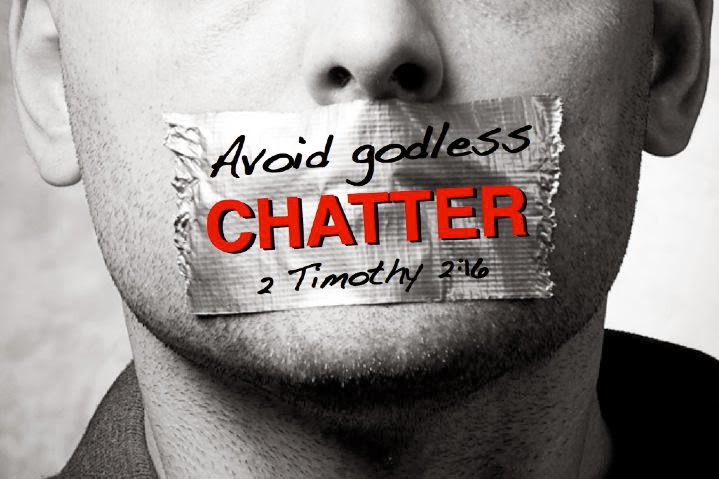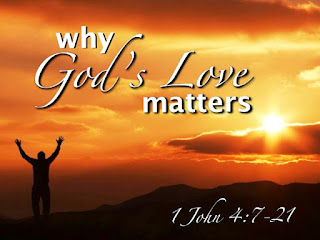Priesthood of Believers
In order to metaphorically
describe what the nature of the church’s relationship to God resembles, we will
be exploring the subject of the Priesthood of Believers. For us to accurately
approach this teaching about the Priesthood of Believers, it is important to
first have a basic understanding of what a priest is.
William Vine explains that a
priest in the Old Testament was “an authorized minister of deity who officiates
at the altar and in other cultic rites. A priest performs sacrificial,
ritualistic, and mediatorial duties; he represents the people before God”
(Vines, 188), and God before the people. It was the priests’ duty to lead the
people into the worship of YHWH. The first time we read about a priest of God
in the Bible, is when Melchizedek the “Priest of God Most High,” comes to
Abraham in order to bless him on behalf of God (Genesis 14:18-19), and also to
bless God Himself (Genesis 14:20). This would have to be the overarching theme
of the priesthood, to be a blessing to others on behalf of God, and to be a
blessing to God on behalf of others (Hebrews 5:1-2). A priest of God can
therefore be seen as a bridge builder between God’s throne in heaven, and His
footstool on earth (Isaiah 66:1). He brings God to people and people to God.
God established the priestly
office in the days of Moses following the exodus, however, priestly functions
were performed in pre-Mosaic times by the head of the family, such as Noah,
Abraham, Isaac, Jacob and Job (Vines, 188). When looking at the book of Exodus,
it appears that it was God’s original intention to have the Israelites become a
“kingdom of priests and a holy nation” to Him (Exodus 19:6). However, through
their continued national apostasy and rejection of God, they forfeited their right
to be God’s representatives (cf. Isaiah 65:1-14).
The Bible clearly states
that the New Testament church of God, which is every individual that makes up
the church, are now God’s new representatives to the world. In fact the Bible
says that we are “Christ’s ambassadors” (2 Corinthians 5:20), who are the
“royal priesthood” of God (1 Peter 2:9), and it is our responsibility to now
offer up a new kind of sacrifice to God. It could be said that we as the
Priesthood of Believers, offer up a variety of “spiritual sacrifices” in order
to bring people to Christ, who then mediates on their behalf to His Father (1
Timothy 2:5).
In his book entitled, Partners
in Ministry, author and Pastor, Jim
Garlow points out:
The New Testament does not
end sacrifices, but it surely changes the nature of the sacrifices. The
sacrifice called for in the New Testament is ourselves. Paul says that we give
our bodies, meaning all our activities, everything we have, as a sacrifice for
Him (Jim Garlow, Partners in Ministry: Laity and Pastors Working Together, 27).
As Garlow points out,
sacrifices have not ended, but they have definitely changed. Our spiritual act
of worship no longer involves the killing of animals, but in daily living our
lives for God. Garlow explains what this new nature of the sacrifices is when
he says:
Our sacrifices may include
such things as praise and thanksgiving, personal confession, loving service, or
deeds done in the spirit of love. All of these comprise ministry. That is what
is called for from us as priests. We are to make sacrifices that are acceptable
and pleasing to God (ibid).
Garlow’s idea of these
acceptable and pleasing sacrifices
to God that are described in the New Testament, are definitely different in
nature than the sacrifices we read about in the Old Testament, and can be fully
supported by Scripture.
For example, as the Priesthood of Believers we are called to offer up our
lives to God (Romans 12:1a), continual praises
from our lips (Hebrews 13:15a), as well as our
good works (Hebrews 13:16a), resources for
those in need (Philippians 4:18a), and even
the very souls of those we lead to faith in Christ (Romans 15:16). These are the spiritual sacrifices that the Priesthood of
Believers are called to make for God. By doing so, we will truly “worship Him”
the way He intended us to (Romans 12:1b). We
will also be proclaiming our allegiance to His name (Hebrews 13:15b), giving “the sacrifices that please God” (Hebrews
13:16b), and are “sweet-smelling” (Philippians
4:18b), “acceptable” and “made holy by the Holy
Spirit” (Romans 15:16b). The above-mentioned
spiritual sacrifices are all evidences of the church obeying the Great
Commandment given by Christ (Matthew 22:37-39).
We can plainly see how
fitting the metaphorical title of Priesthood of Believers is to us in
describing our position and responsibility as followers of Jesus. We have been
called by God to offer our entire lives to God on a continual basis.



